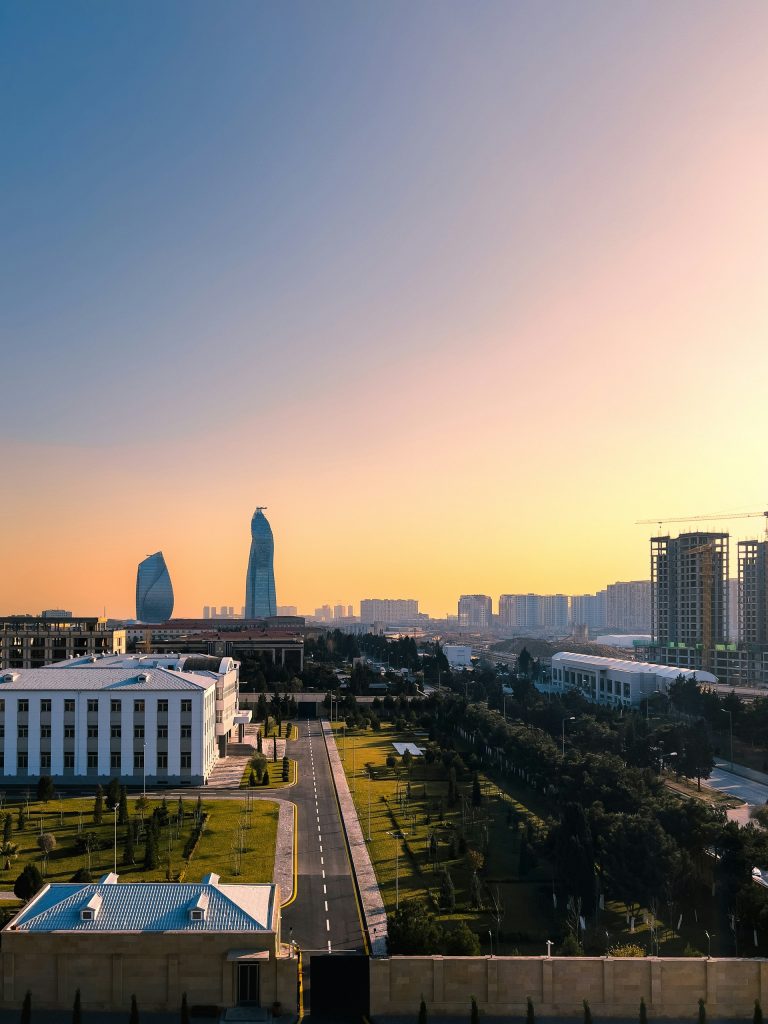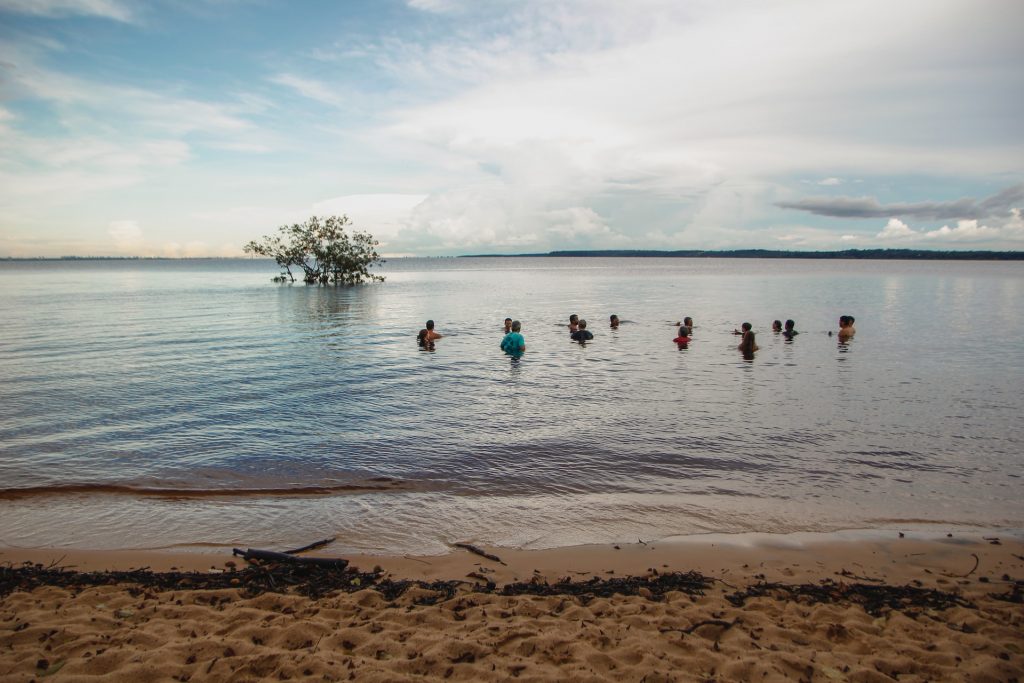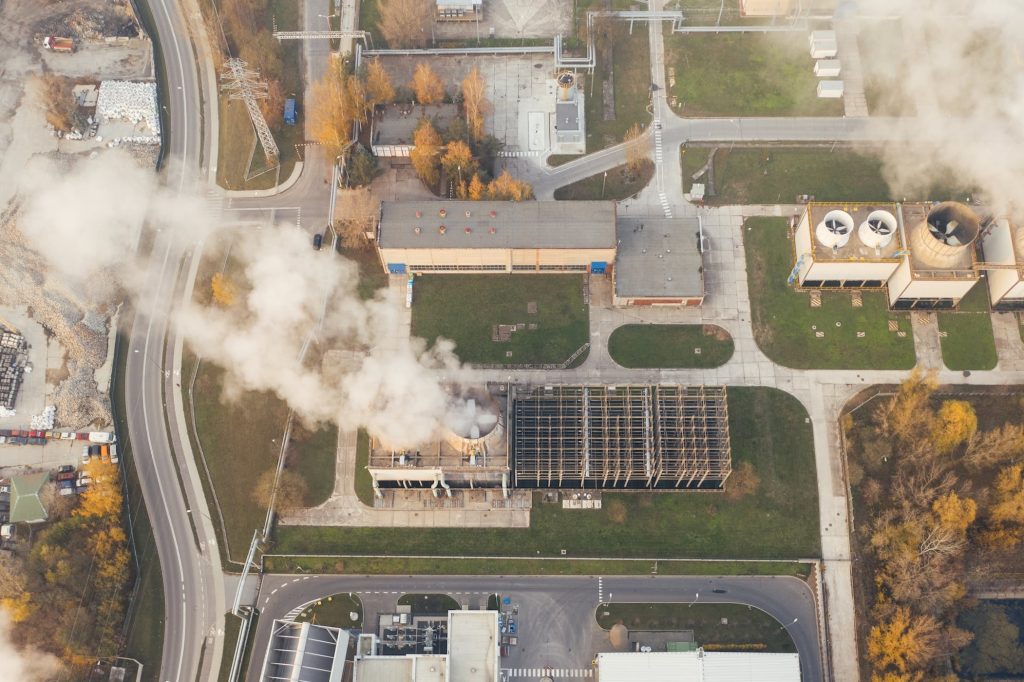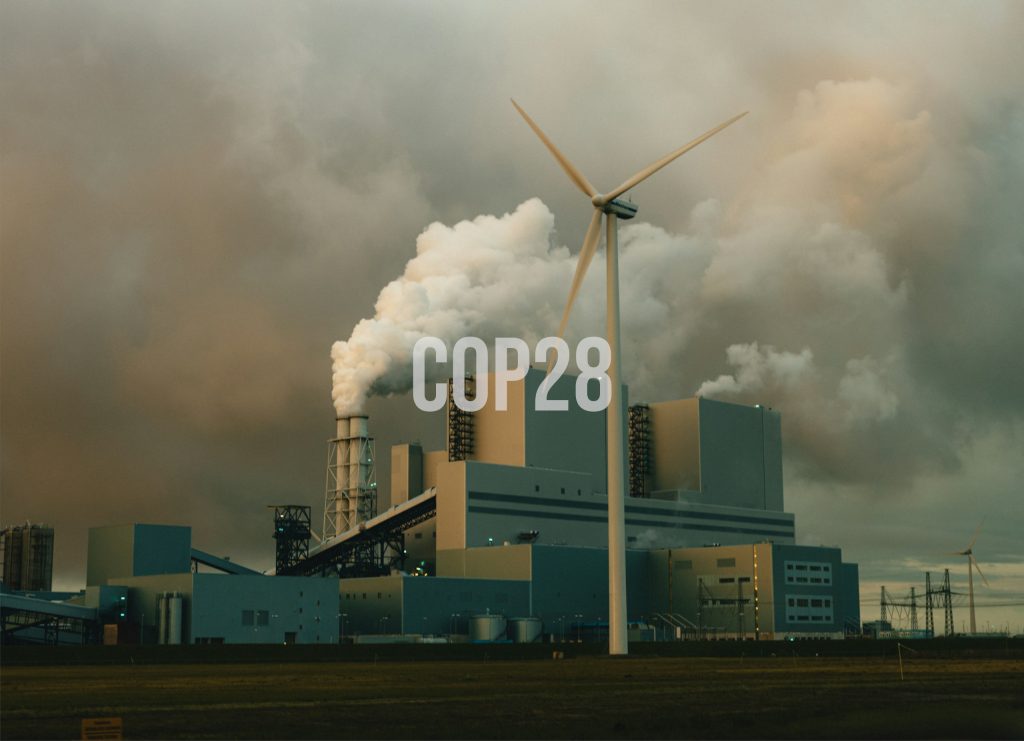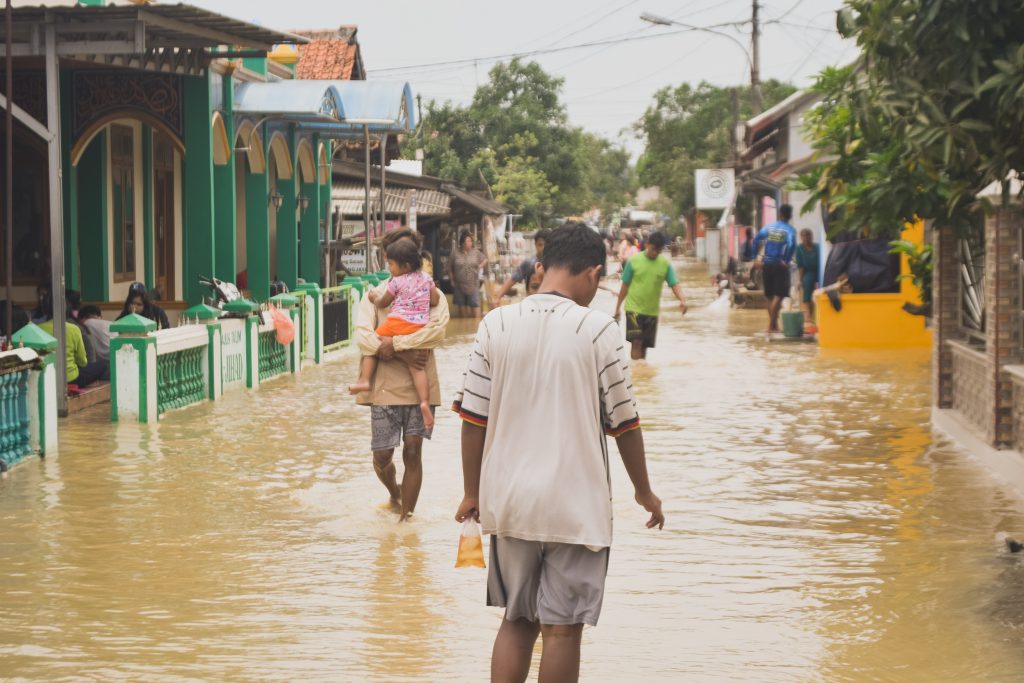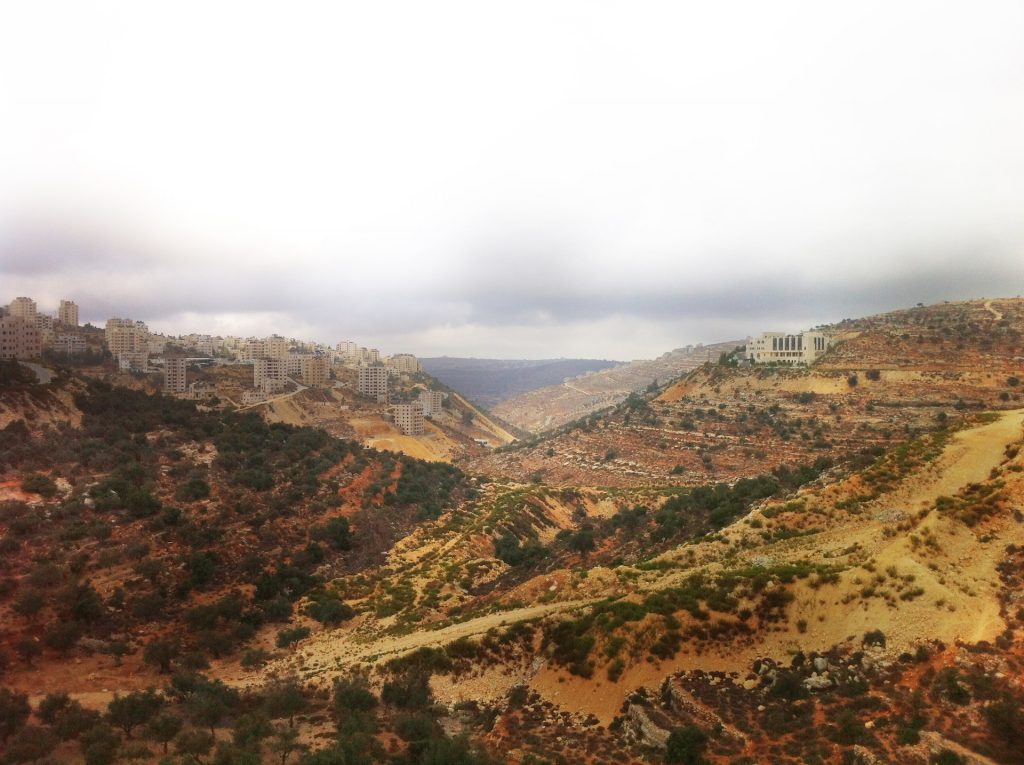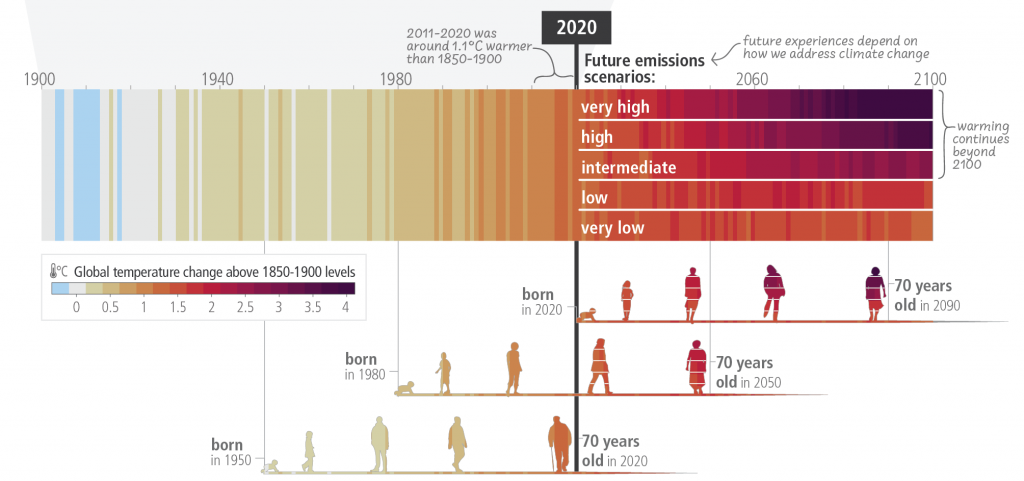
It’s a wrap! The climate in 2024
As 2024 comes to a close we look back at the most important climate events, meetings, negotiations and initiatives from the last twelve months. Our research and data, articles and projects reveal a year that has been rich with developments and change in both the climate itself and what we can expect from the future.

